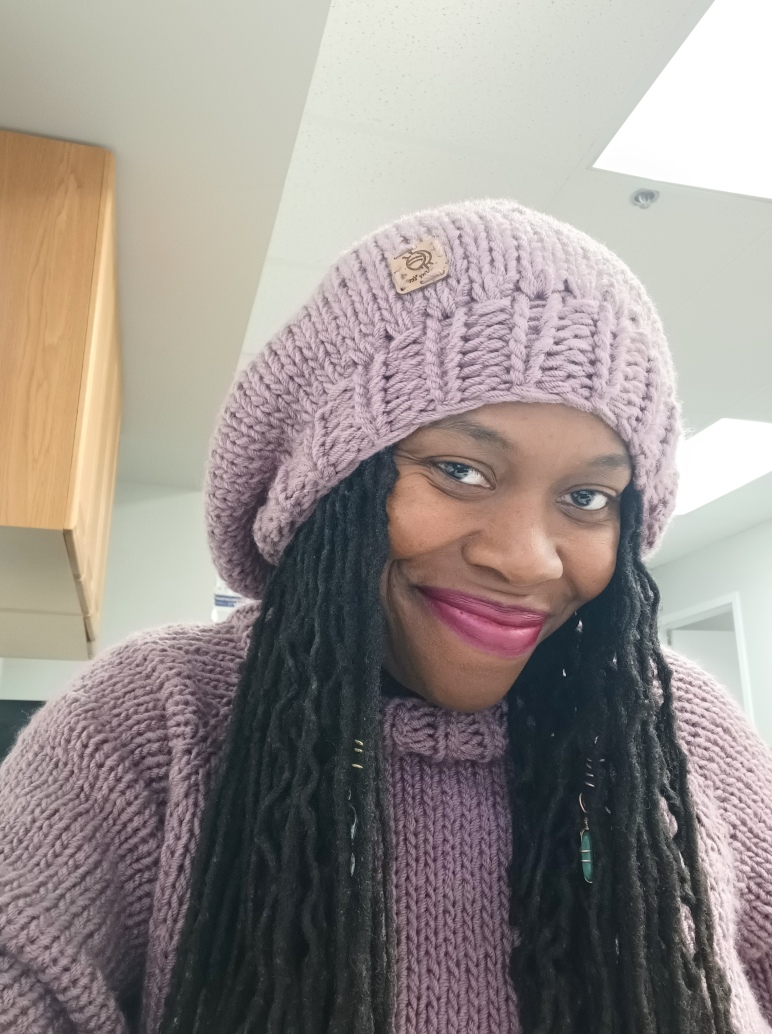As I celebrated my birthday this weekend I reflected on my life, how I gave away power in search for love and acceptance and strayed from discovering my purpose during this life time. I also reflected on the many blessings I have because the headlines have shown prominent individuals who reportedly committed suicide.
Whenever the topic of suicide comes up, many people ask what was wrong with the individual. Many state things like, “They looked so happy”, “But they were so successful”, “But they acquired (fill in the blank)”. There is no compassion, concern or understanding in any of those comments. Society has become so commercialized that many believe that monetary or social success equates to happiness. Social media has made it too easy to hide behind filters, on top of the societal filters we already wear daily.
Depression is not something only poor people or drug addicts deal with. It is a mental health disorder that does not go away. It has to be managed daily. Every person is different, with different experiences contributing to their particular situation. Medication is not a cure all for every case either.
Depression: n. 1. Feelings of severe despondency and dejection. Synonyms: melancholy, misery, sadness, unhappiness, sorrow, woe, gloom, despair, dejection, moroseness…
The former Miss USA, Cheslie Kryst passed away over the weekend with headlines stating it a suicide. Just a few days before, actress, Regina King’s son was reported to have committed suicide. Last month Sinead O’Connor’s son committed suicide. There are a lot of should have, could have, would have comments from people but think to yourself, would you recognize the signs of depression in any of your loved ones? If you struggle with depression, do any of your loved ones know or would they recognize the signs?
I lost a friend in 2017 to suicide and I didn’t recognize what was going on with him because I was wrapped up in my own battles. Now he is gone. Each time I think of throwing in the towel I see his picture in my mind as though he’s telling me “You better not even.” So I fight through for the both of us. It is a daily battle, so my goal is to plan how I envision my future, but focus on conquering today.
We all need to be able to have a safe space to talk about how we feel openly and without judgment. But not everyone has that person or place of safety to retreat to. If you or a loved one is dealing with depression, please talk to someone, this is a 24/7 mental health hotline: 1-866-903-3787. You are not alone. If you need help, please reach out to someone.

